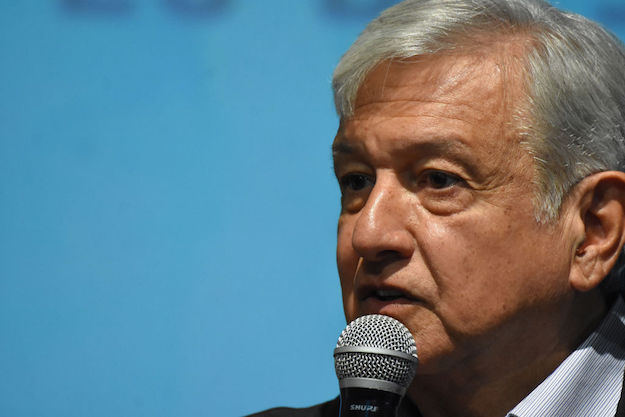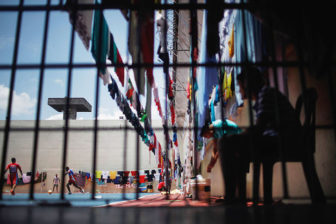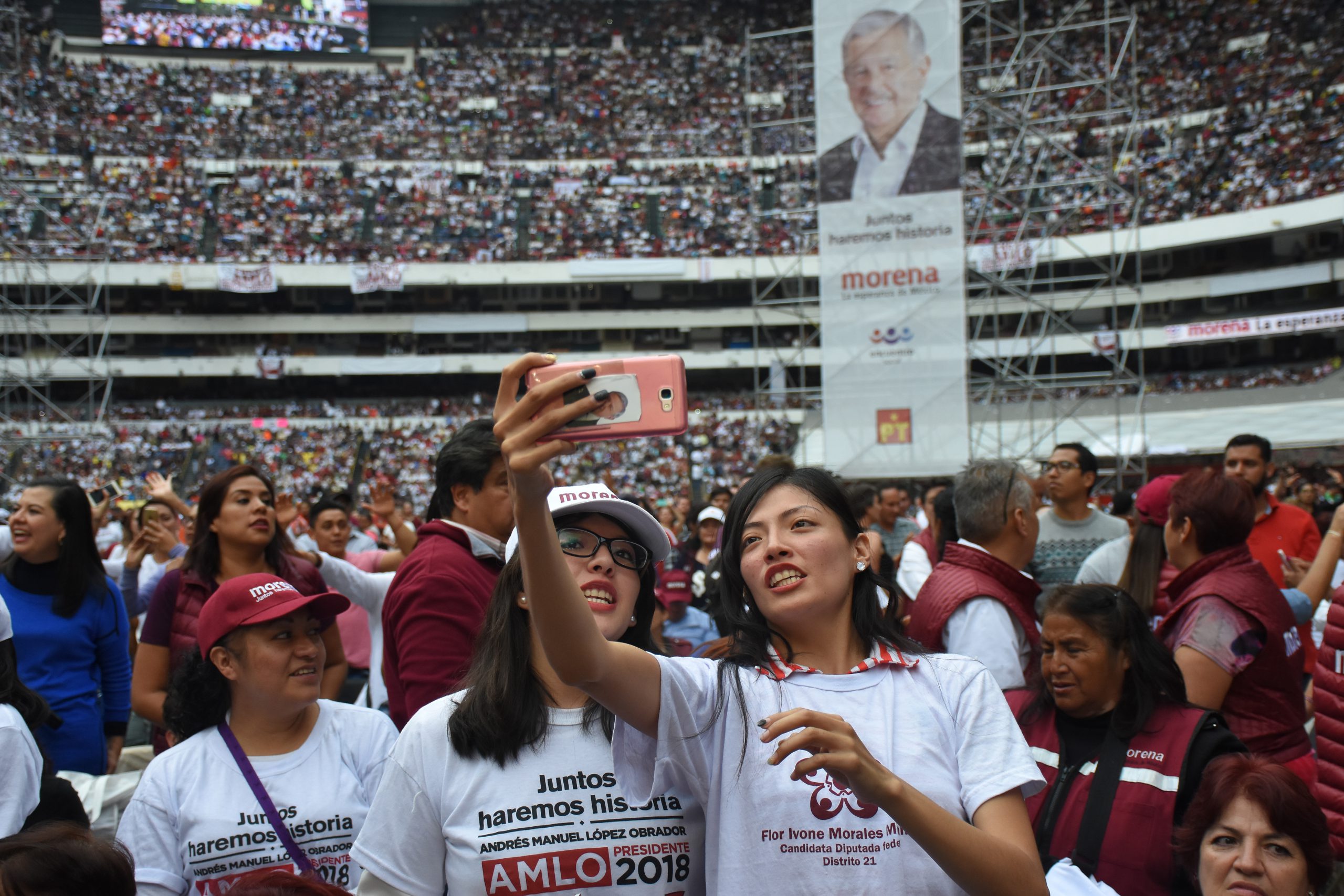Subscribe here to receive the AMLO Update by email
This article has been updated
Highlight of the Week
Differences over drug policy could hinder the cozy relationship that’s begun to develop between Andrés Manuel López Obrador and Donald Trump.
Speaking to reporters in Tlaxcala on Sep. 25, AMLO applauded former President Ernesto Zedillo’s recent statement that his hardline anti-drug policy had been a mistake. Zedillo’s admission came as he and other former heads of state presented recommendations to the incoming administration that include the regulation, rather than prohibition, of some drugs.
AMLO’s response fueled belief, based on comments from incoming administration officials, that he will seek at least to decriminalize marijuana and some poppy cultivation early in his term.
But Trump appears to be moving in the opposite direction. At the UN on Monday, he presented a document that observers viewed as a call to renew the so-called war on drugs. U.S. administration officials previously expressed opposition to AMLO’s hints at liberalization, citing concerns over opiate abuse; Mexico is the primary supplier of heroin to the U.S. and the world’s third-largest producer of opium poppy.
What they’re saying: read the Global Commission on Drug Policy’s report here; Luis de la Calle and Sabino Bastidas on the need for a more liberal drug policy; the national statistics agency’s latest report says crime and violence cost Mexican families around $16 billion last year.
Four Years Since Ayotzinapa
López Obrador offered a sharp break from President Enrique Peña Nieto’s approach to security at an event marking the fourth anniversary of the disappearance and presumed murder of 43 students from a teacher’s college in Ayotzinapa, Guerrero.
After a more than two-hour meeting with family of the missing students, López Obrador promised to invite international experts to return to the country to re-open investigations into the case. In 2016 Peña Nieto declined to extend investigators’ mandate despite lingering questions over what happened to the students and inconsistencies in the government’s version of events.
López Obrador said he would create a truth commission to study the case on his first day in office if one is not formed before inauguration day. An estimated 15,000 people marched in Mexico City on Sep. 26 to commemorate the disappearances.
What they’re saying: Parker Asmann for InSight Crime on why the case has gone unsolved; the The Globe and Mail on the symbolic significance of AMLO’s meeting with parents; Oct. 2 marks 50 years since another emblematic tragedy in Mexican history, the massacre at Tlatelolco.
Briefs
U.S. officials are expected to publish the text of a bilateral trade agreement with Mexico today in an effort to avoid re-opening negotiations once López Obrador is in office. “We don’t know where that would go at all,” said U.S. Trade Representative Robert Lighthizer.
The Wall Street Journal reports that López Obrador will name economist Jonathan Heath to the Central Bank’s board of governors. Observers viewed the possible nomination as a positive for Mexico’s continued economic stability, though Heath tweeted that the report “for now is simply rumor.”
Mexico’s Senate, led by legislators from AMLO’s Morena party, ratified an International Labor Organization convention to expand labor union rights.
López Obrador said he’ll move the cultural ministry’s headquarters from Mexico City to the state of Tlaxcala next year as part of a controversial plan to decentralize government agencies.
Quote of the Week
During a thank-you tour stop in Nayarit on Sep. 17, López Obrador claimed he might not be able to fulfill all of his voters’ demands because he had been left a country in bankruptcy. Following criticism of the remark – Mexico’s debt is still a relatively low 46 percent of GDP – he said the press had taken his comments out context.
This article was updated to clarify the timing of López Obrador’s “bankruptcy” comments.
—
Russell is AQ’s correspondent in Mexico City









